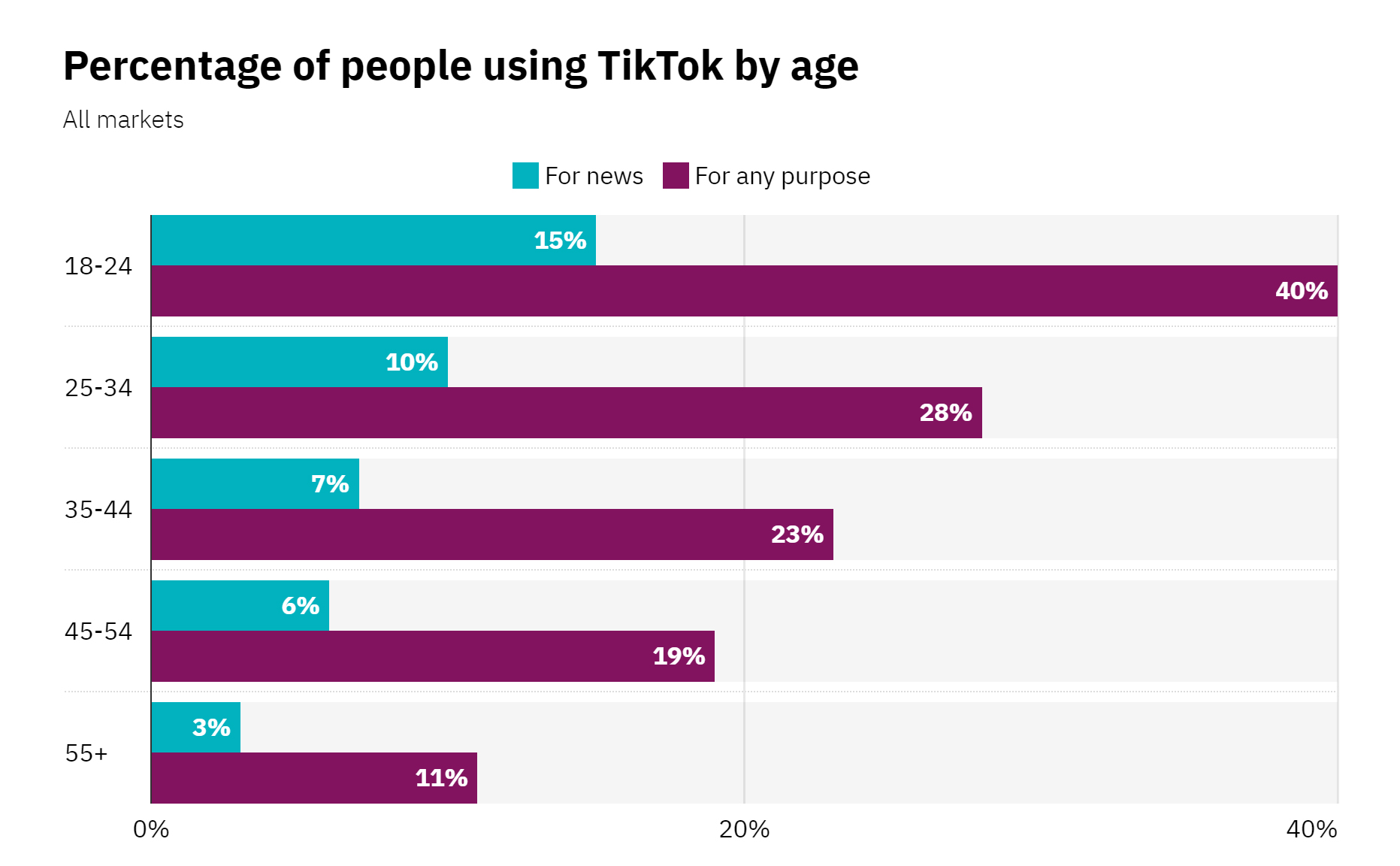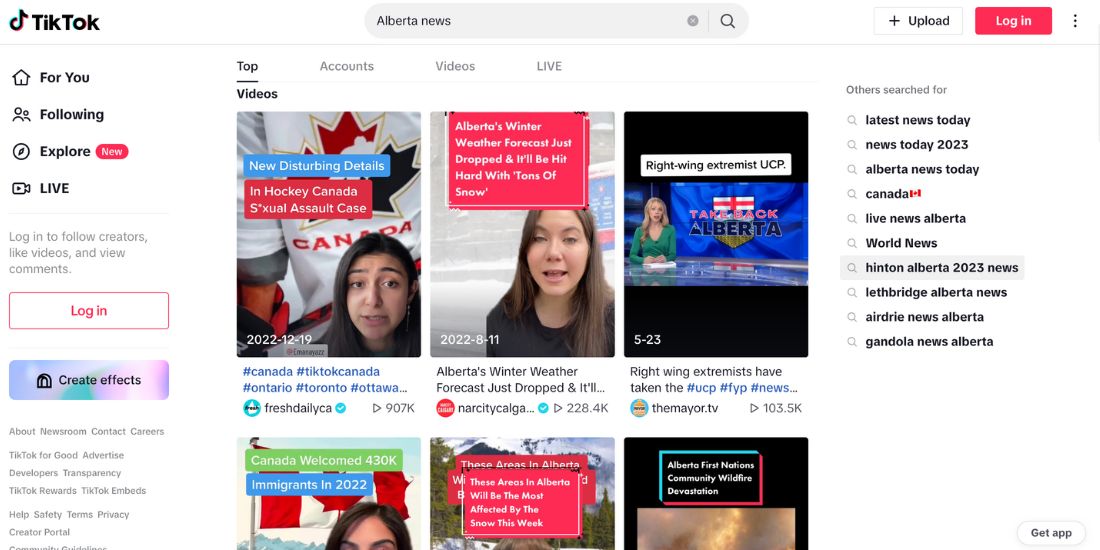If video killed the radio star, then social media toppled TV news.
Over the last decade, lots of people have disengaged from cable news, stopped reading newspapers, and quit listening to radio.
Journalists have had to find new ways to connect with audiences.
Social media outlets became the new go-to source for information for audiences with ever-shorter attention spans and an addiction to smartphones.
In Canada, however, getting news snippets on social media just came to a grinding halt.
Blocking the News
The federal government recently implemented the Online News Act, which requires online social platforms where news is shared to pay royalties to news outlets for sharing their content.
META (the tech giant which owns Facebook and Instagram) pushed back on the law by blocking Canadian news organizations’ posts on their platforms.
Ooof.
Google is making some noise towards a similar ban, which would have drastic implications for people being able to find online reporting through the search engine.
This ban begs the question: Since news on social media is blocked, where can Canadians get their information?
Intuitively, it makes sense to go to platforms where people are already engaged, and for younger generations at least, that’s TikTok.


TikTok to the Rescue?
For those of you who don’t know, TikTok is a short-form video app. It started as a channel for dance trends and quirky challenges but is branching out.


But can this visually engaging platform be a viable tool for news publications?
Nic Newman, lead author of a Reuters study on how publishers distribute content on the app, says it’s quickly becoming a new key platform to get genuinely informative content to interested audiences.
The study says that most of TikTok’s informative news content is generated by “passion projects” of influencers or activists, but that’s changing.
“Most newsrooms are experimenting, particularly newsrooms interested in younger people,” Newman told the Tyee.
In an era ripe with “fake news” and disinformation, adding more quality journalism to this sphere is likely much needed.
More than half of Canada’s top news providers now have a TikTok account and publish regularly.
But does posting on TikTok drive viewers back to news sites?
That is doubtful.
TikTok wants to keep you on TikTok, not to click away elsewhere.
You can’t attach links to videos on the app, so the amount of people who head back to news websites to read full articles or watch more in-depth content after viewing TikTok content is next to zero.
Plus, there’s the issue of accurately delivering a complete story to audiences in, most often, less than a minute.
If you can create easily digestible information, though, it has potential.
Best for Buzz


In terms of creating engagement, it’s one of the best options for generating buzz and community engagement around a topic. The comment sections generally fuel much discussion and support, especially when people are emotionally moved by what they see.
But as Neuter says: “It’s a place you have to be if you want to attract younger audiences — but there’s no money.”
This crucial aspect limits the functionality of TikTok for many small-scale independent news outlets.
They must fund the content production, knowing they won’t see any direct financial return. For already cash-strapped news organizations, creating compelling TikTok content might be a hard sell to the accounting department.
Privacy Concerns
There’s also the issue of privacy.
Canada has banned TikTok on government-issued devices over security concerns–as have other governments, such as the US and the European Union.
“On a mobile device, TikTok’s data collection methods provide considerable access to the contents of the phone,” reads a February statement from the Treasury Board of Canada Secretariat.
However, most app users simply accept the risk.
The viability of TikTok in the news publishing industry largely depends on how well news outlets can adapt to its unique format and navigate the challenges it presents.
If used thoughtfully and strategically, TikTok could help news publications stay relevant in an ever-changing media landscape.
That being said, would you go to TikTok for news?
Or will you just be distracted by all the dance crazes?






